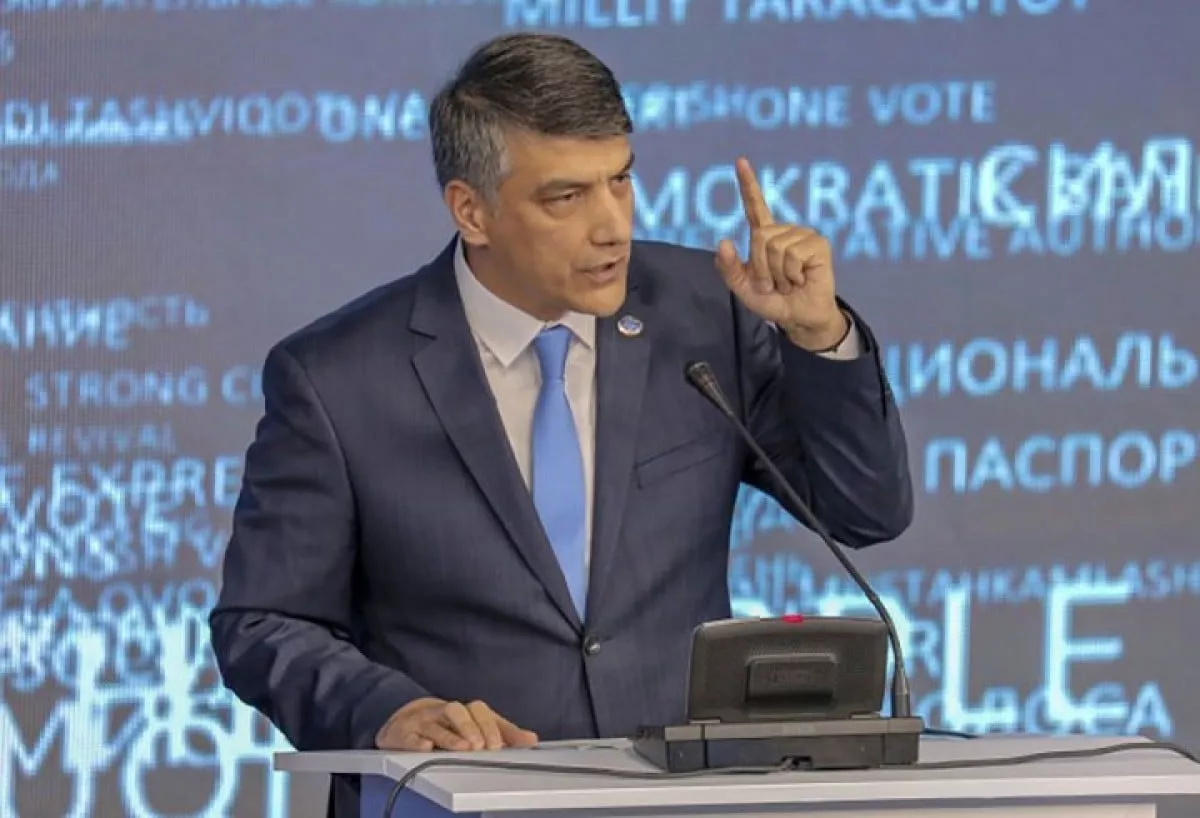Alisher Qodirov proposed to revise the criminal code

The leader of the National Revival political party, Alisher Qodirov, initiated a serious social debate and made a series of statements. This was reported by Upl.uz.
His sharp criticism was triggered by a court decision related to the death of a two-year-old child at a private preschool institution in Tashkent. This tragic incident attracted widespread public attention, and during the trial, systematic abuse of the child was identified and confirmed by evidence.
According to the investigation materials, the kindergarten teacher and methodologist regularly inflicted physical punishments on the young child, hitting them with hands and feet, as well as throwing the child onto the floors and beds. One such beating led to the child losing consciousness, and he died in the hospital within two days.
The court found the teacher guilty and sentenced her to six years of imprisonment. This very verdict caught Alisher Qodirov's attention.
The deputy spoke about the special norm in Article 50 of the Criminal Code of the Republic of Uzbekistan. According to this article, courts may reduce the sentence for women, shortening the maximum term by up to two-thirds, regardless of the severity of the crime.
Alisher Qodirov wrote, "Pay attention: according to this article, regardless of how serious the crime is, even for premeditated murder committed repeatedly, the sentence is reduced for women. Is this humanity or does it encourage criminality?
Perhaps this is precisely the reason for the increase in criminality among women." Based on these thoughts, Alisher Qodirov proposed that the National Revival Party discuss the appropriateness of retaining this norm in the Criminal Code.
Leading legal experts and specialists in criminal law will participate in the discussion. The deputy also drew attention to the systemic problems in the preschool education sector.
Considering the high physical and psycho-emotional load on the employees in this field, he proposed to lower the retirement age for educators to 50. Additionally, a proposal was made to restrict retirees from directly working with young children.
"This is necessary to ensure the safety of these children, accelerate the renewal in the system, and implement modern approaches in education and upbringing," he concluded.

